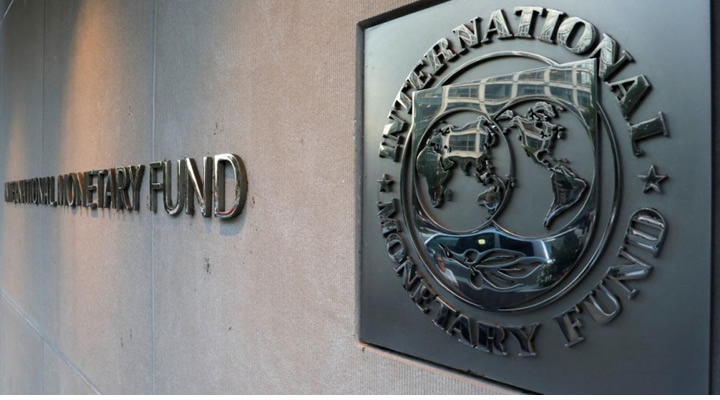
The International Monetary Fund has said that a strong policy framework that ensures macroeconomic stability and promotes a favourable business environment is crucial to the success of intra-African trade.
This was contained in an IMF report titled “Trade Integration in Africa: Unleashing the Continent’s Potential in a Changing World.”
According to the report, empirical analysis finds that a reform agenda aimed at implementing AfCFTA plans to lower both tariffs and Non Tariff Measures, when combined with substantial improvements in the trade environment, has the potential to boost Africa’s intraregional and overall merchandise trade substantially.
The report noted that a strengthening of the overall trade environment would boost services trade as well, which would be further enhanced by services trade liberalisation.
It said that the implementation of AfCFTA and improvement of the trade environment would also support integration into GVCs.
It added that it would offer opportunities for strengthening manufacturing and achieving economies of scale, promoting economic diversification, and generating improved economic dynamism.
It read in part, “Furthermore, progress towards the objective of making the AfCFTA a deep trade agreement, including through regulatory alignment on goods and services provision, would open up additional opportunities for trade.
“All these steps should be part of broader efforts to overcome long-standing barriers to integration such as the use of import tariffs for import substitution or as a substantial source of revenue. These efforts need to be grounded in a strong policy framework that ensures macroeconomic stability and promotes a favourable business environment.”
To establish the AfCFTA as a deep trade agreement, the IMF said policymakers would need to both complete implementation of the steps agreed under Phase I and advance on the negotiation and implementation of Phase II of the agreement.
Contact: [email protected]














